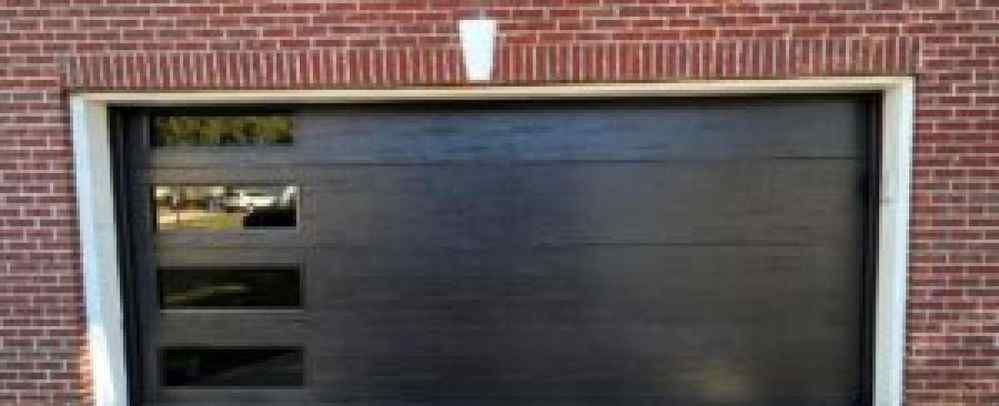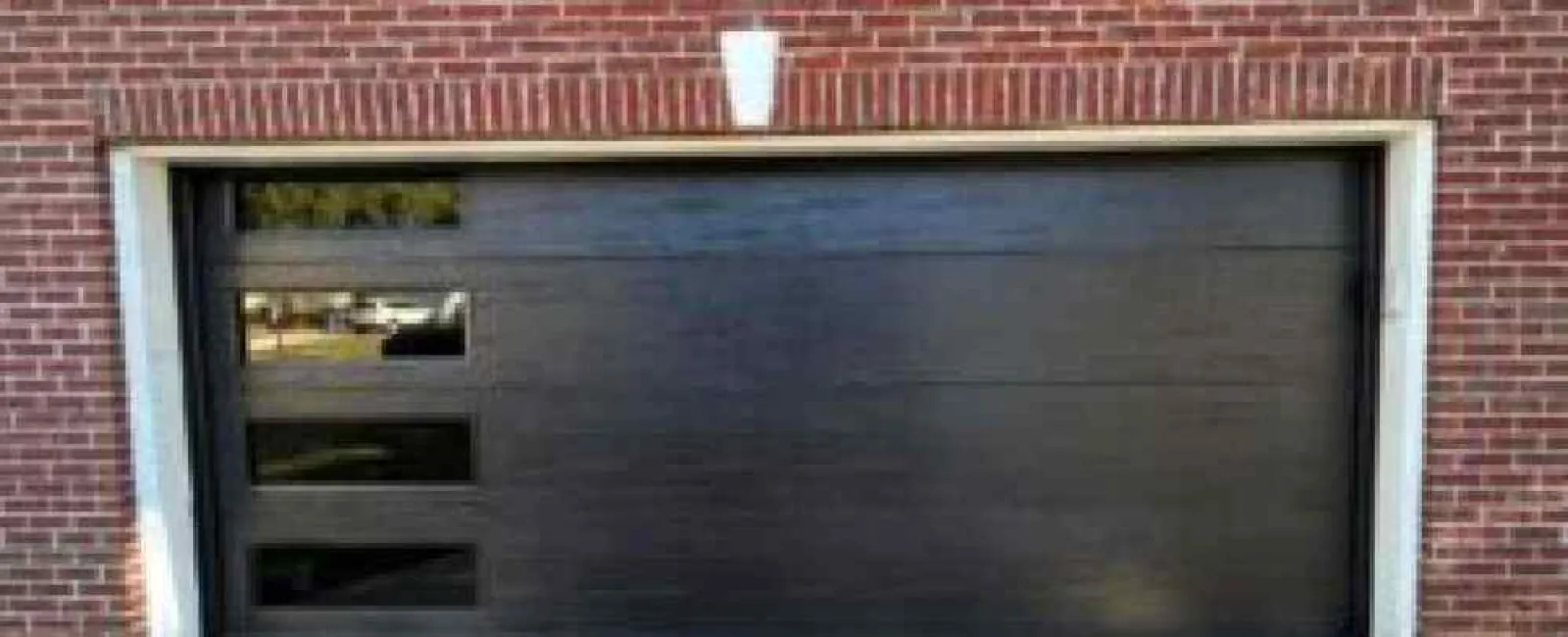When owning a car, we're accustomed to replacing the tires after driving 30,000 to 40,000 miles.

Opening and closing a garage door imparts wear and tear on the garage door spring system, just like driving on a highway creates wear and tear on a car tire.
After extensive use, your garage door springs will need to be replaced. Since routine replacement is required, it's best to know how to control and minimize garage spring repair costs. An insider's view may help.
What To Know Before Deciding To Repair Or Replace Your Garage Door Spring
Garage Door Spring Replacement Choices Are Limited

A typical garage door repair company has limited space on their service trucks to carry replacement parts.
In general, a service truck is stocked with a single manufacturer's brand of garage door springs with a standard coil diameter in various lengths and wire gauge thickness configurations to properly match the variety of garage door sizes and weights.
Based on your door's weight, there will likely be only one spring size on a technician's truck that will precisely replace your broken garage door spring.
Thus, you won't be directly choosing a replacement spring from a large selection of brands. Instead, the spring will be determined by the quality and range of sizes of replacement springs your garage door repair company has on their service truck at the time.
Like most products, there are garage door springs that are higher quality than others. The manufacturing method and grade of metal used as well as the end cone style, coil diameter, number of coil winds, wire gauge thickness, and an assortment of coatings and finishes all impact the quality and life expectancy of a spring.
National garage door repair companies generally sell their private brand of springs, openers, and doors, which are not widely reviewed.
Determine Whether You Need A High-Performance Garage Door Spring
A good starting point is to estimate the number of times you open and close your garage door on average. For example, if your average is six opening/closing cycles a day, a spring rated at 10,000+ cycles should last between four-and-a-half and five years.
If you plan to stay in your home another five years or longer and your garage door spring repair cycle is estimated to be less than six years, you should consider a higher quality replacement spring. The incremental cost will pay for itself many times over with the significant increase in spring cycle performance.
Buying an extended parts warranty or even a lifetime parts warranty on a 10,000+ cycle spring is not the same as buying a higher quality spring because most of these types of warranties come with additional labor installation costs that aren't specified.
Replacing a garage door spring covered by a lifetime warranty that breaks every six years while paying additional installation costs each time is not a cost-effective option and may prove more expensive in the long run.
Besides, you might not want the same brand of replacement spring carried by the garage door repair company installed again if it didn't meet your performance expectations.
Factors To Consider When Choosing A Garage Door Spring Replacement

Rather than automatically calling your old garage door company to make your garage spring repair, you may want to contact two or more garage door companies to have more than one option for a replacement spring.
A homeowner should take into account these considerations when evaluating a garage door spring replacement:
- Where the garage door spring was made: Is the replacement made in the U.S. or China? Chinese steel doesn't always conform to the highest standards for heat-treated steel like American steel. Therefore, garage door springs made of Chinese steel are subject to a higher failure rate. Since garage door springs made in China aren't stamped as made in China, only your garage door repair company knows for sure.
- How the garage door spring was made: Local garage door repair companies install oil-tempered carbon steel-manufactured springs (hot process) or galvanized coated springs (cold process), which are secondary processes used to treat steel wire to enhance spring performance. There are arguments as to which is more durable. At Balanced Garage Doors, we consider the most widely installed spring, the black-coated oil-tempered version, the affordable sweet spot for high-performance garage door springs.
- Length of the torsion spring: Wire gauge thickness and the number of coils determine the length of a torsion spring and impact its long-term performance. A longer torsion spring with the same strength rating (IPPT) as a shorter spring generally has more durability. For torsion springs, a 1¾ inch torsion spring with the same wire gauge and IPPT rating as a 2-inch spring will be longer and have more coils, resulting in enhanced cycle performance.
- End connections: Finding an extension spring with a more durable end connection, such as double-looped or clipped ends versus open ends, will increase durability and enhance performance. Garage door spring manufacturers apply a standard color system to the ends of their extension springs to identify each spring's pull weight in 10-pound increments. The colored spring ends help the garage technician identify the proper replacement compatible with the homeowner's door weight.
- Coatings/finishes: There are also performance differences between replacement garage door springs based on coatings and finishes. There are higher-end springs with specialized coatings such as powder-coated and with finishes such as shot-peening that can be purchased. However, they're generally not stocked on a technician's service truck and can significantly increase the spring repair cost due to limited demand.
- Warranties: Garage door spring repair comes with two limited-time warranties, one for the spring part and the other for installation. The typical basic replacement spring warranty can range from 90 days to five years, while the labor warranty ranges from 30 days to one year regardless of the spring's cycle rating and parts warranty.
Garage door repair companies in your area may carry torsion springs with different diameters, wire gauges, lengths, and coatings determined by the brand and quality of the replacement spring they install with the same IPPT rating for your particular garage door weight. They may carry different brands of extension springs with varying end connections and coatings as well.
They also offer different parts and labor/installation warranties. These differences can help a homeowner determine the quality of replacement garage door springs in relation to the cost of the repair between two or more companies.
Ask An Expert's Opinion On Garage Door Springs

In our opinion, as an experienced garage door company, controlling long-term garage door spring repair costs is more effectively done by spending money on a higher-quality replacement spring than paying extra for an extended warranty.
In general, garage door repair companies that install higher-quality replacement springs usually provide extended-duration parts and labor warranties without additional charge.
Keep in mind that scheduling routine maintenance for your garage every one to two years will help prevent unnecessary wear and tear on all components of a garage system, which can save repair costs in the long run. Loose cables, among other issues, contribute to the premature weakening of a garage door spring.
To learn more or schedule professional garage door service in Atlanta, call Balanced Garage Doors at 770-880-0376.
